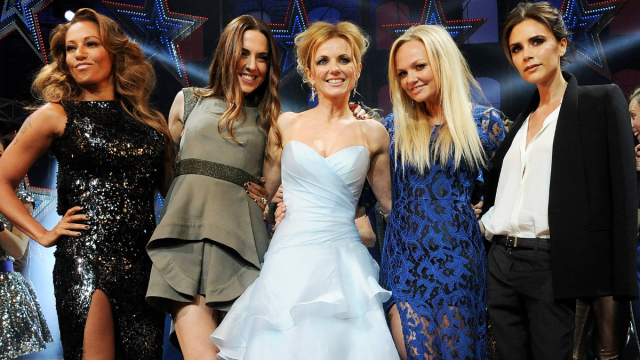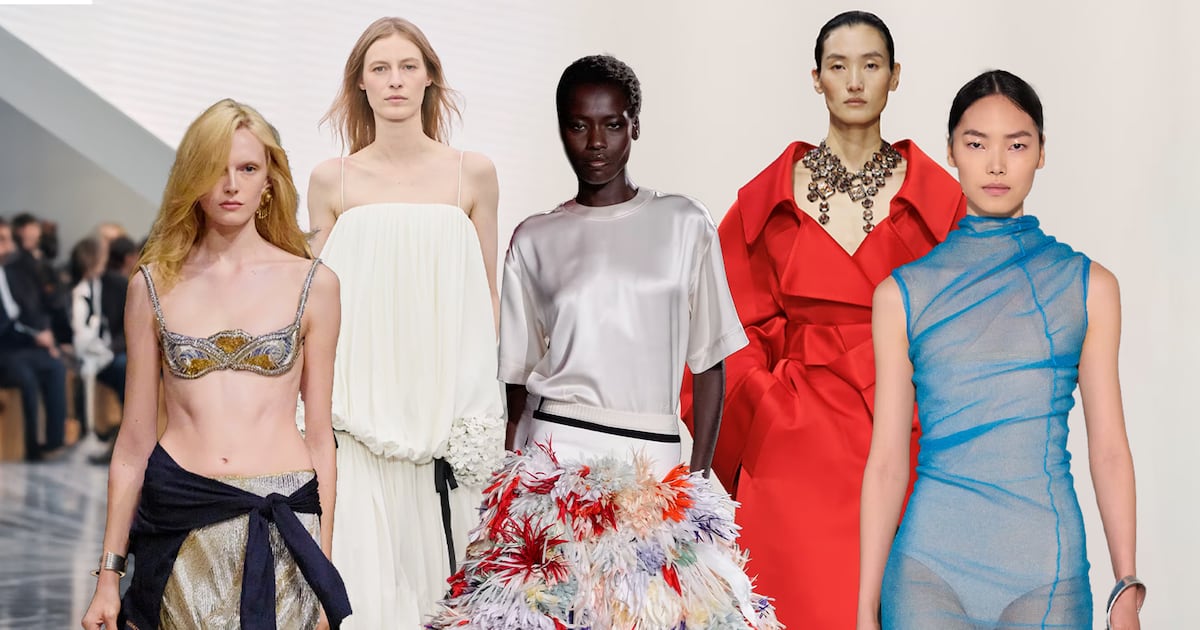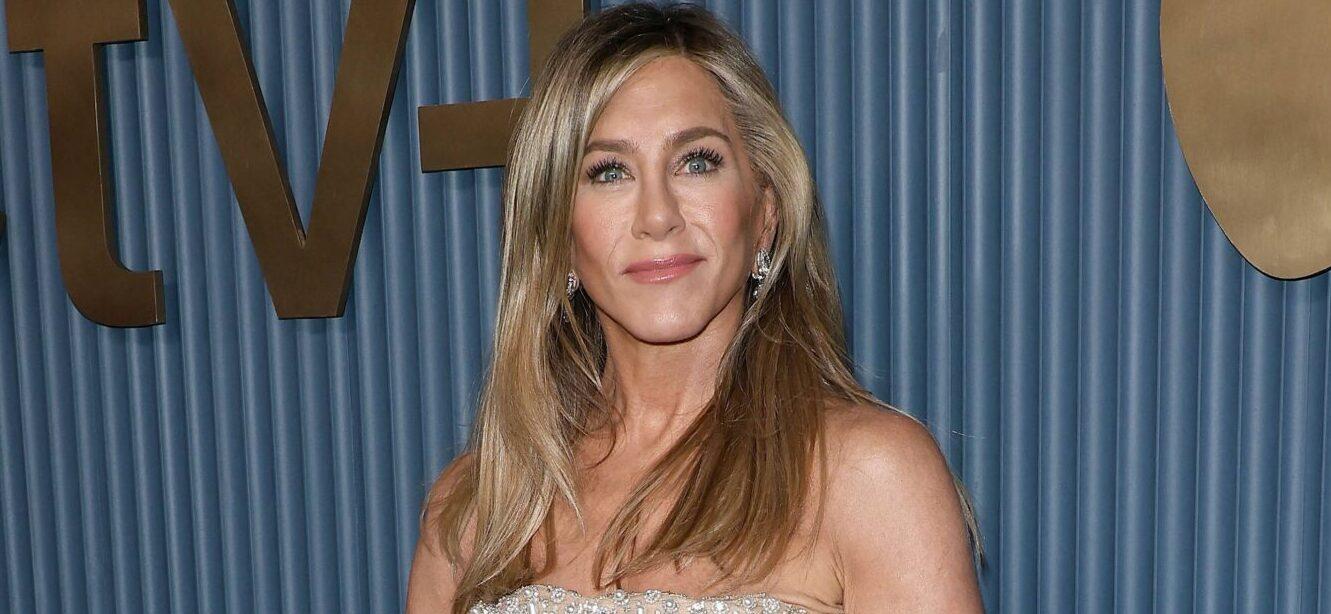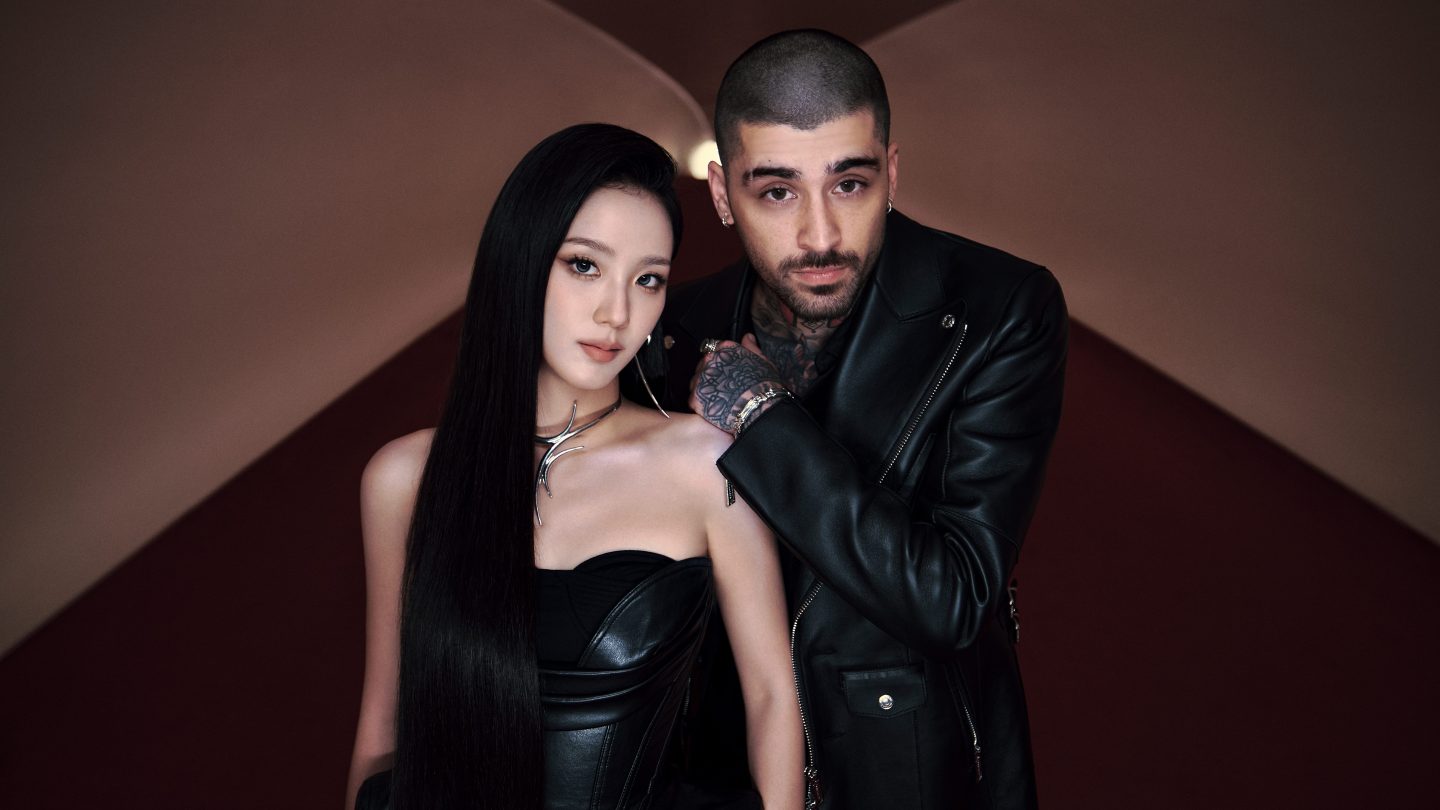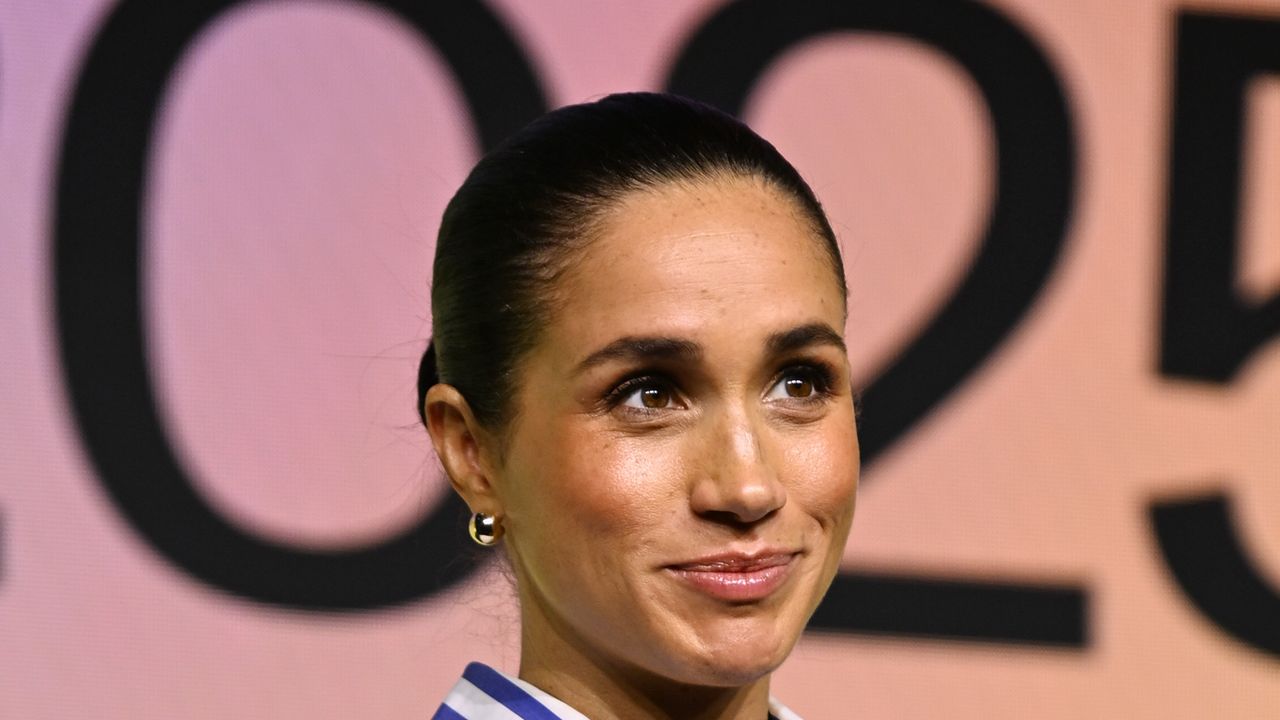After 15 years, four records and a buzz-making barrage of shows, tours and festivals, the moody, multifaceted music of north London’s Wolf Alice is huge in the U.K., thanks to uniquely seductive soundscapes, visceral live shows and a…
The “Friends” star revealed in a new interview that she is constantly forced to send fake images of herself to her lawyers, calling big tech “crazy” for letting the issue spiral out of control.
Jennifer Aniston’s frustration comes just weeks…


